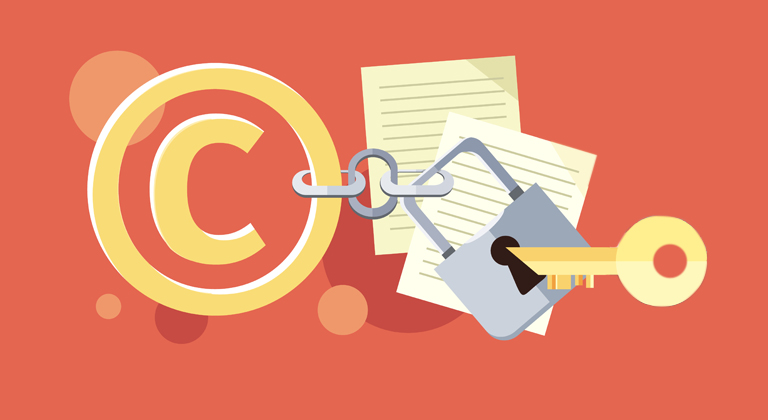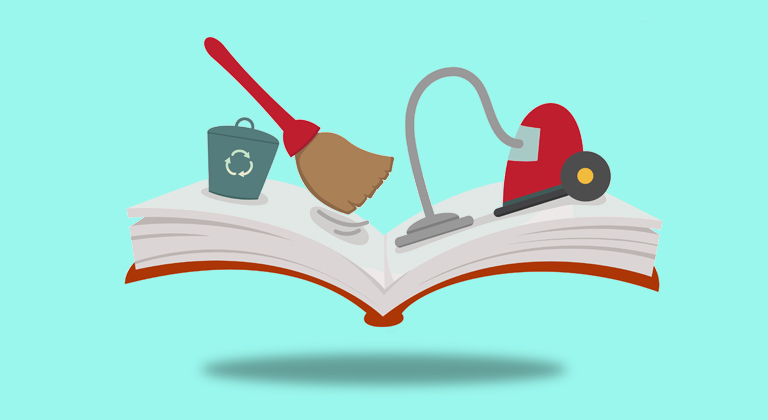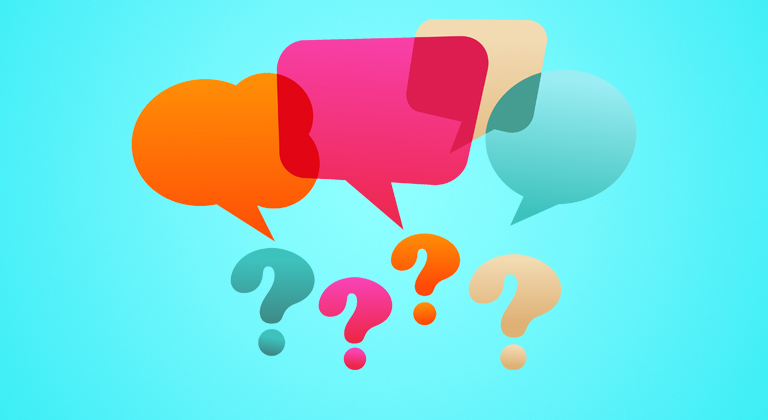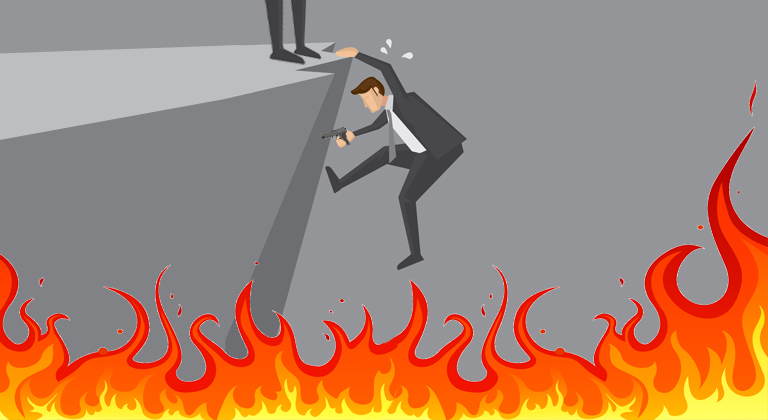US Copyright FAQ: Your Questions Answered
A couple of weeks ago we went over the rules around copyright and designers as it pertains to your cover design, but what about when it comes to your actual book? One of the questions authors often ask is whether they need to copyright their book in order to protect it. Unfortunately, like that last article and pretty much everything else related to self-publishing, the answer isn’t a simple yes or no. It really depends on a variety of factors, which is why Nate is back to go over what you need to know.
Howdy, y’all! Let me preface this by saying that while I am pursuing a law degree with certification in intellectual property, I am not a lawyer, and I don’t really ever intend to practice. Nothing in this thread should constitute legal advice, and I would advise everyone to always engage a law professional in your jurisdiction to handle your specific ass-covering.
While I do know a little about copyright/trademark law in the EU, the UK, Canada, Australia, and Japan and can try to field questions specific to those locations, my knowledge of US laws is more substantial, so this guide only takes US law into account for books created in the US.
Fair warning, too: this is some dry information, but I’ll try to keep it colorful so no one falls asleep.
What is Copyright?
Copyright is legal protection for artistic creations, and it gives you exclusive rights to use, distribute and adapt your creations as you see fit.
How Do I Get a Copyright?
The moment you give form to an idea. So whether you’re writing a book or rubbing fingerpaint all over your face and then face-planting into a canvas, as soon as you have words or face-prints, they’re protected. The idea itself isn’t protected though, so someone else can also put fingerpaint all over their face and also make face-prints. Or they could also write a book about the leader of a motorcycle club and a rodeo champion competing for the affections of a small-town librarian.
Do I Need to Register My Copyright with the US Copyright Office?
No, but it’s a good idea. Registration has major benefits, including:
- You get a public record of your copyright. And if you register within five years of publication, you will establish prima facie, which is Latin for “you’re screwed, thief”, and it will prove that you are the originator for a work unless the defendant (the douche that stole your work) can prove otherwise (like they’re actually the originator and you registered their work to try and be slick, you devious mastermind).
- You get to bring suit against an infringing party. Without a registration, you can’t recover damages in the event that your work is stolen. The best you can do is a strongly-worded letter. What about a DMCA notice? If you haven’t registered your copyright, a DMCA notice might pull your work from an infringing website, but only until a couple of weeks after the site sends a Counter-Notification and gives you the finger (if they decided to press the issue). You’d have 10-14 days to bring suit in order to keep the site from re-posting your work, but without registration, no suit for you, and your threat becomes toothless. Since registration takes more time than 10-14 days, even if you pay an arm and a leg (nearly a thousand dollars) for an expedited registration, you’re back to strongly-worded letter without much recourse until the registration is complete.
- If you register within three months of publication (or before there has been an infringement), statutory damages and attorney’s fees are on the table. We’re talking hundreds or even thousands of dollars, especially if you can prove willful infringement (for example, the thief removed your copyright notice). Statutory damages for willful infringement start in the six figures, and that’s before attorney’s fees. If you don’t register within three months or you wait until you have been infringed upon, all you’ll be able to do is sue for actual damages, which will be far less, since it’ll be difficult to prove how much money the defendant actually made from your particular work.
- You’ll be able to stop foreign infringers from selling your books in the US.
- If you get a copyright notice from Amazon (or elsewhere), registration will get them off your back in a New York minute.
What Do I Need to Do To Register?
Visit the handy Registration Portal, fill out your application, and pay $45. You’ll need a separate application (and fee) for every published work. You can also submit unpublished works as a collection, which is more economical. You do not have to use your real name on the application(s)–a pen name will be fine as long as you indicate it as pseudonymous on the application. You are not required to also supply your real name, but there are caveats. If you do, it becomes a public record. If you don’t, and don’t have a DBA (which would create a fictional name—your pen name—for yourself), LLC (or other corporate entity), or something similar to tie your pen name to your real name, you’ll have a harder time proving ownership of the work. Even with the registration, since your pen name does not legally exist, and isn’t legally you.
So there are pros and cons to both approaches, depending on the level of privacy you require and the amount of nonsense you’re prepared to deal with in the event of an issue.
Do I Need to Protect My Copyrights?
Nope! You can ignore the heck out of infringers as long as you like and then register and sue them on your deathbed (only for actual damages, though). You can only lose your copyright in three ways:
- You explicitly (as in, contractually) state that you’re doing a work-for-hire.
- You sell or otherwise transfer (for example, a will) your copyright.
- Break into a lion enclosure and try to ride one, try to jump over the Grand Canyon on a skateboard, or die in some other, less awesome way. Once you’re dead, the clock starts ticking, and you generally will have about 70 years until your works become public domain and people like us take your lovingly crafted characters and start getting paid for coming up with ways to get them into bed with each other and/or get eaten by zombies and/or hunt vampires. In those seven decades though, your progeny or agents can continue to benefit from your work.
Okie doke. That’s it for now. I’ll be doing additional FAQs on fair use and trademarks in the near future as well, but if you have questions, feel free to ask below and I’d be more than happy to try a shed a little light. Cheers!












Hi again,
I understand that I need to just register my paperback. The system requires a user ID to register but when I try and set up a user profile to set up a User ID I can’t Going round and round in circles!
Hiya, Rosalind!
No need for separate registrations for different versions of a book unless they’re wildly different in some form. You already published the book (in ebook form), so the three-month registration clock started on that date.
As for tech support with the registration process, I’m afraid I won’t be much help, but you can contact the US Copyright Office via this link with questions.
Hi,
I published my eBook on amazon.com on October 12 and the paperback will be published soon (I’m based in the UK). Do I need to copyright the eBook as well as the paperback in the US or are they seen as the same book? The title, cover and text are the same; there is different front and back matter. Does the three month clock start running from October 12 or the date I publish the paperback?
Warm regards,
Rosalind
Thanks for this! Can a non-US citizen register her work for copyright in the US? I don’t live in the US and am not a US citizen.
Yep! You absolutely can. The only wrinkle is the number of copies you might have to attach to your registration, which depends on where you originally published it. If it was originally published in your home country (or another non-US jurisdiction), only one copy of the work is needed. If you originally published in the US, you would submit two copies.
Good information, Nate. Many thanks.
One correction: the current copyright fee for a single work is now $45. They raised it from $35 a few months ago: https://www.copyright.gov/about/fees.html
Thanks for pointing that out! I’d totally missed the change.